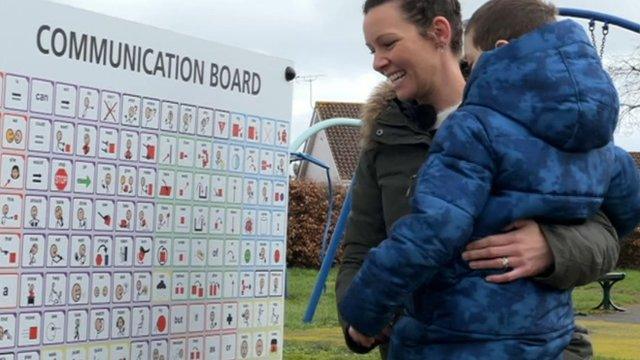More help for suicidal children with autism needed, mum says
- Published
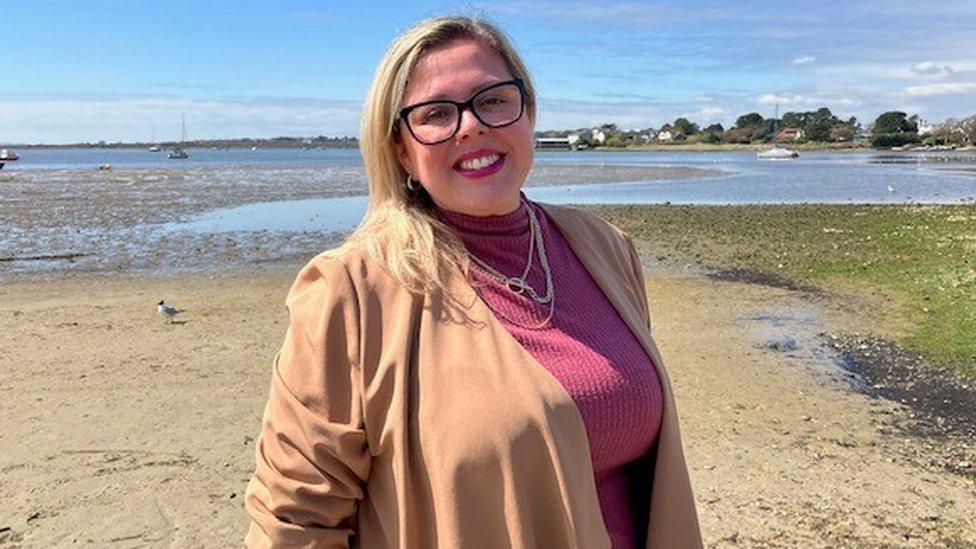
Renata Noyce set up a support group for parents of autistic children
A woman who set up a support group for parents of autistic children has said more help is needed for those struggling with suicidal thoughts.
Renata Noyce, from Christchurch, Dorset, started the group when her son was diagnosed with autism.
She said since then more than a dozen families have contacted her after their children had tried to take their own lives.
The government said it was increasing investment in mental health services.
Ms Noyce said: "In just the last three months, what's quite shocking for me is about 15 families have contacted me because their child has tried suicide.
"They are autistic and there is no support available for them - they are in crisis, they need some support."
UK-based charity Autistica, which fundraises for research into autism, said an American study, external found 14% of autistic children experienced suicidal thoughts, compared to 0.5% of those without the condition.

If you have been affected by the issues raised in this story, help and support is available via the BBC Action Line

Oliver [the BBC has changed his name], 15, from Dorset, was diagnosed with autism at the age of eight.
Over the last year, he has been admitted to hospital four times after attempting to take his own life and for self-harming.
He said: "I started being quite aggressive at school, not physically, but I would be very angry at people, very disrespectful and I wouldn't be able to control my emotions at all."
He has had help from Child and Adolescent Mental Health Services (CAMHS) but added: "Every CAMHS worker individually is incredible but the whole service isn't made for neurodiverse people."
Oliver's family is considering private treatment to get him the help he needs.
His mother said: "A parent's job is to keep their child safe and happy and I am unable to do that.
"As a parent I worry every day - we're on 24-hour alert and we never relax."
Patricia's 14-year-old son has attempted suicide twice, most recently last month while at school.
They have also had help from CAMHS, but said there were delays in diagnosis and a lack of specialist support.
Patricia said: "I have tried to find help and to be honest I was so disappointed that nobody could help at all."
Ms Noyce said if children given an autism diagnosis were given help much earlier it could stop mental health issues developing.
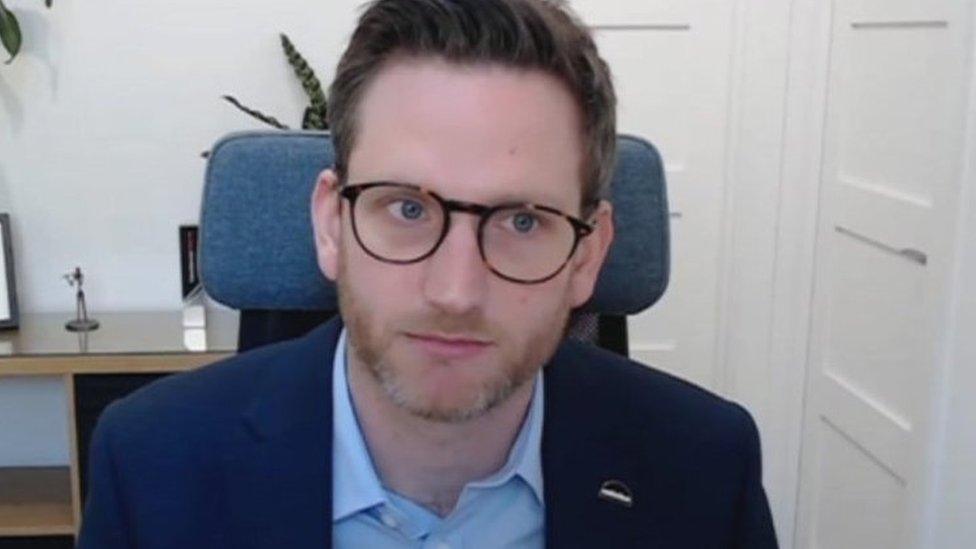
Dr James Cusack said support needs to be tailored to meet the needs of children and young people with autism
Dr James Cusack, chief executive of Autistica, said support needed to be tailored to the needs of autistic children.
He said: "We need to make sure families get a fast diagnosis and then get proper personalised support based on their needs.
"In autism we know that children are very likely to experience anxiety and so we need to be giving them support and help them understand those issues.
"We also know that early intervention, early support helps the child and supports parents to understand the needs of the child - it's really important that we give people that timely support and put them on the right trajectory."
The Department of Health and Social Care said it was "vital" to have a timely diagnosis of autism and said it was "committed" to reducing delays and improving access to support.
In a statement it added: "We are increasing investment into mental health services by at least £2.3bn a year by 2023/24 so that an additional two million people - including almost 350,000 children and young people - can get the support they need."

Follow BBC South on Facebook, external, Twitter, external, or Instagram, external. Send your story ideas to south.newsonline@bbc.co.uk, external.
- Published18 April 2023
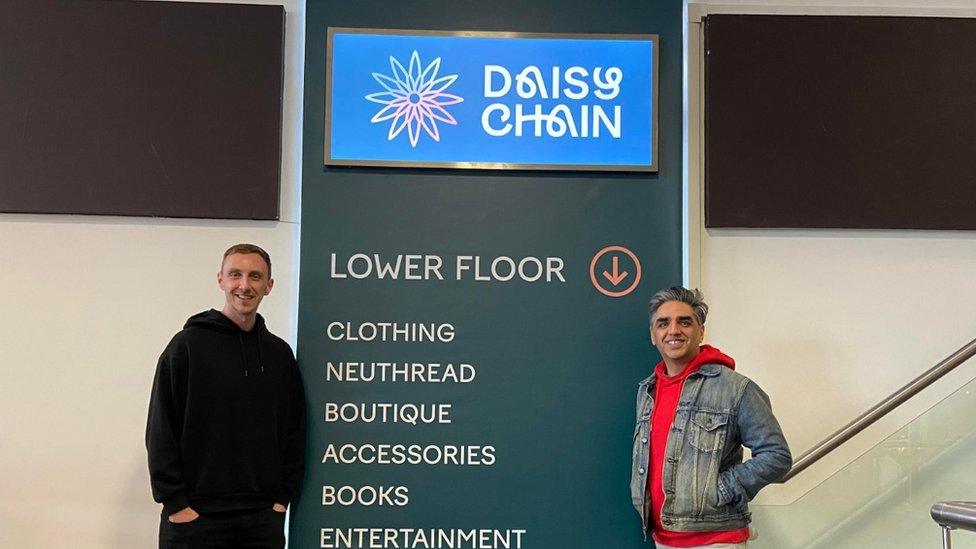
- Published14 April 2023
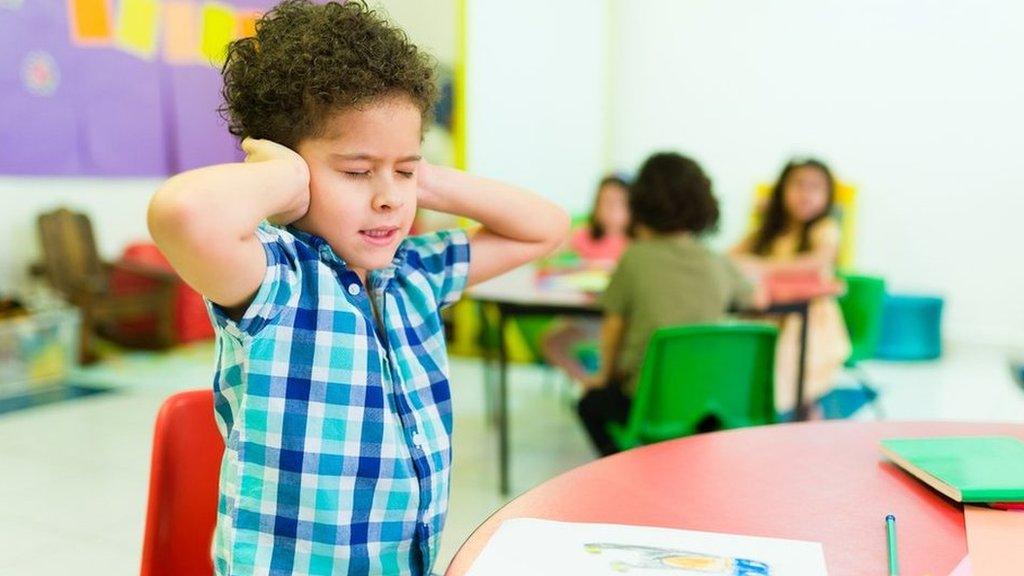
- Published5 April 2023
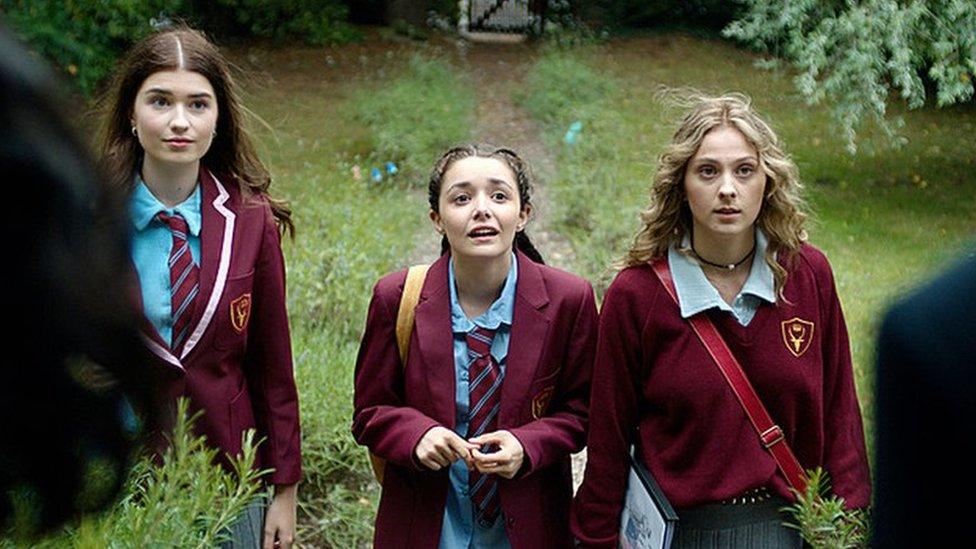
- Published21 February 2023
